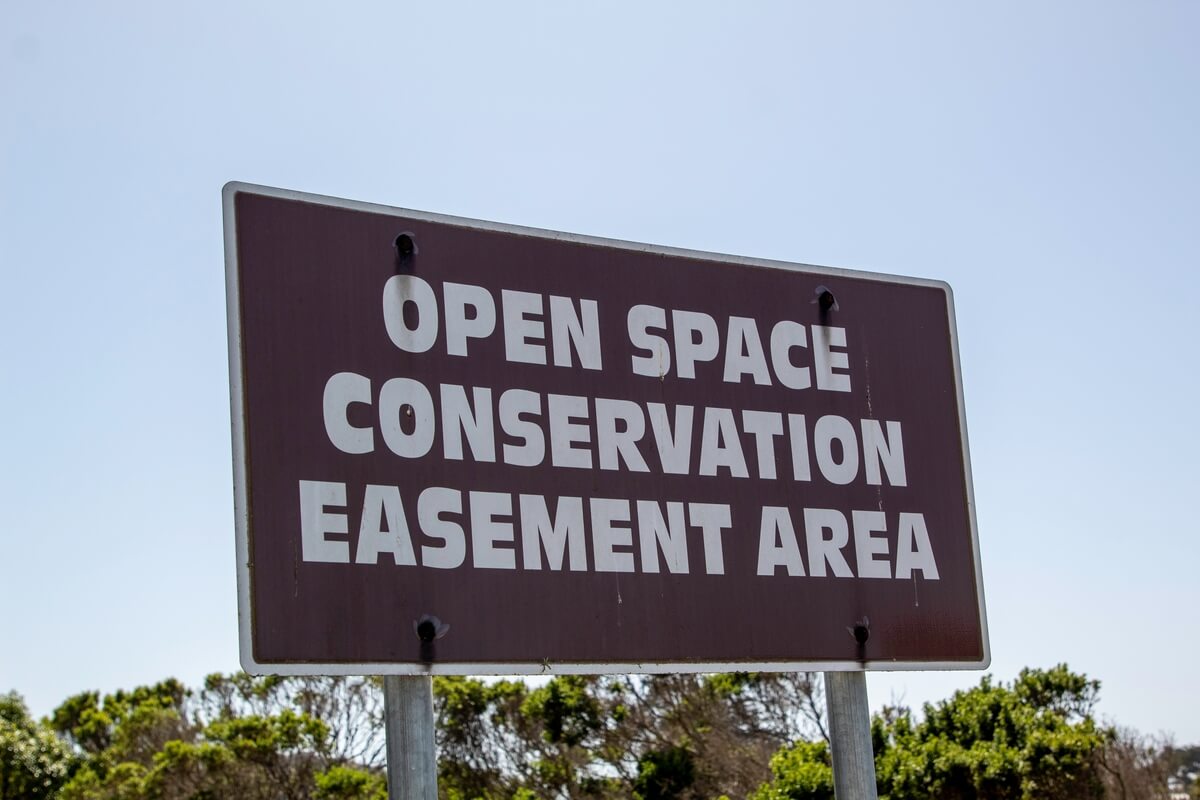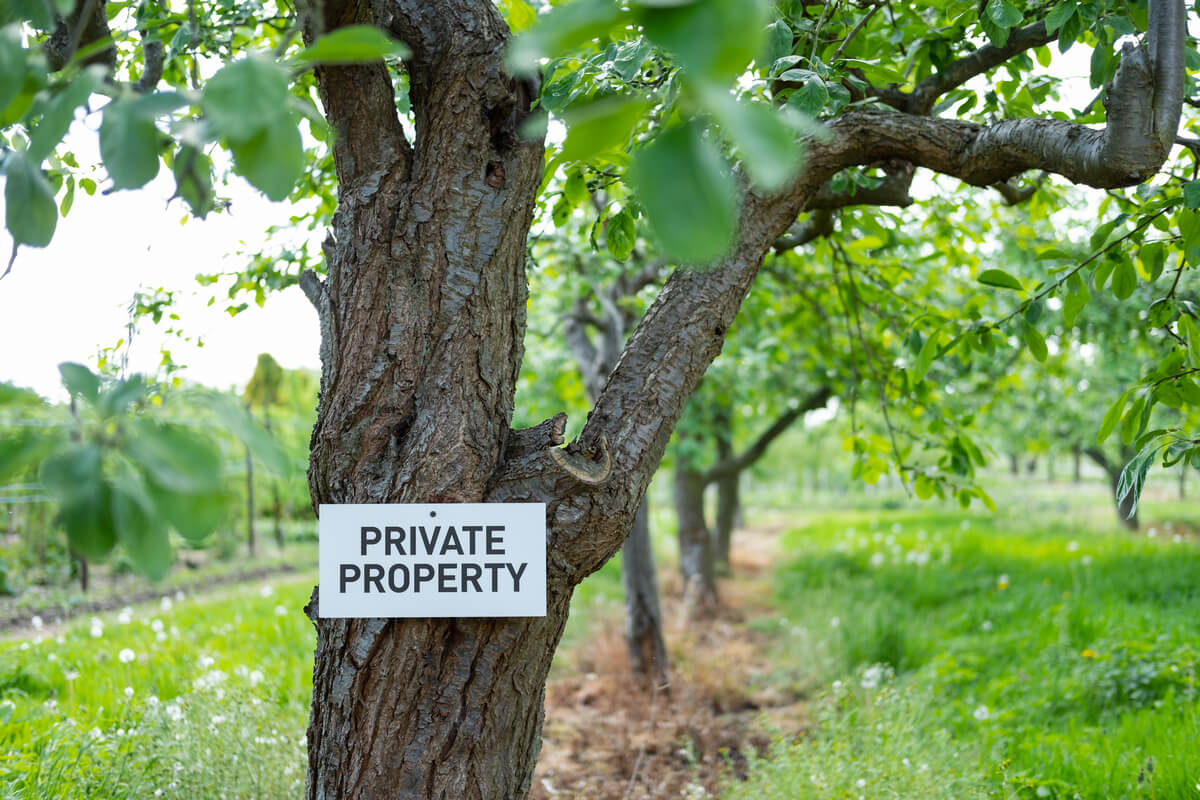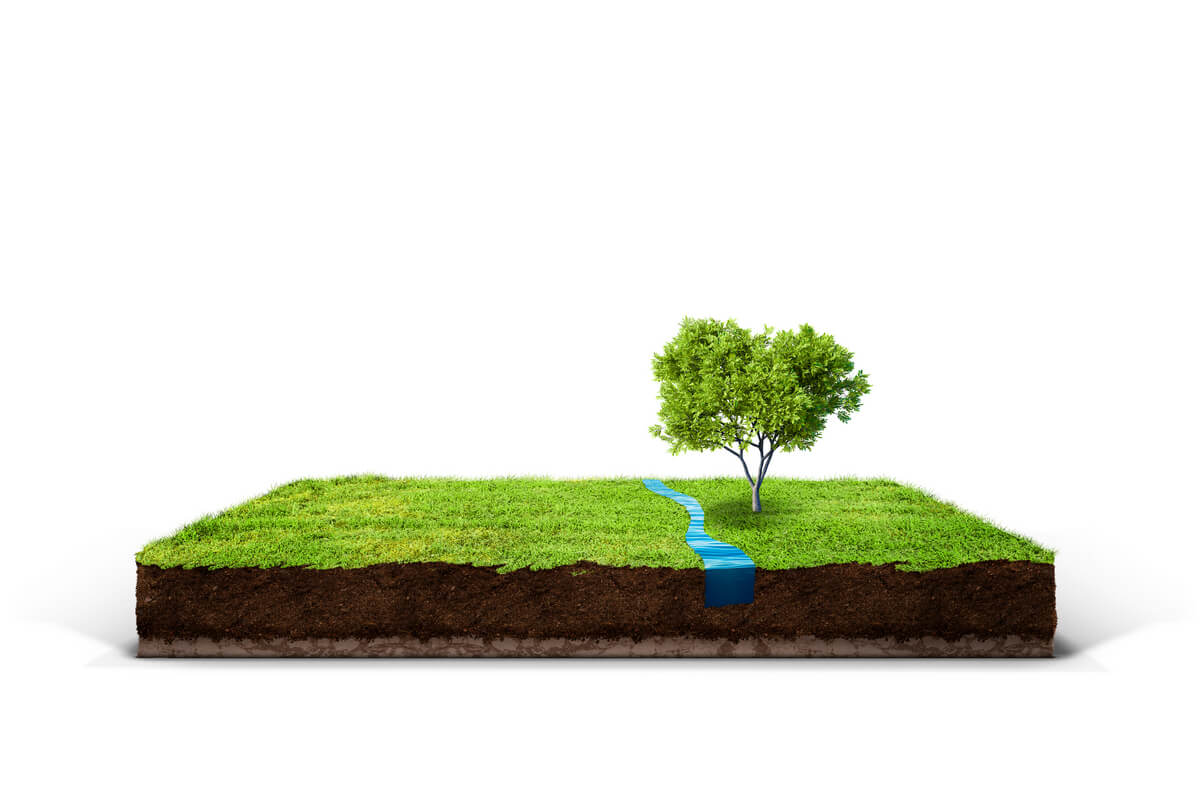If you choose the lot carefully, land in Southeastern North Carolina can be an excellent investment. Land is a finite resource, so no matter what you do with the property, it will always have some value. It also can act as a blank canvas for your dream home, and building your house from the ground up can be very exciting and rewarding.
Not all lots are appropriate for home building, though, and some may be subject to local ordinances or restrictions. To make the most of your purchase, you should learn everything there is to know about the lot. Here are eight tips for buying the perfect piece of land to suit your needs:

1. Identify Your Goal
Knowing exactly why you want to purchase land and what you plan to do with the lot will help you narrow down your search. While some plots of land in coastal North Carolina may be a great choice to build a primary residence, others may be better suited for a small cottage or camp to use as a vacation getaway. If you want to build your primary residence on the land, you have to consider factors like the location, proximity to work, and school district in addition to the quality of the land itself.

2. Consult with a Land Surveyor
Appearances can be deceiving, so if you’re seriously considering purchasing a plot of land, you should consult with a surveyor as soon as possible. Your land surveyor or planner will inspect the land to make sure it can support a home without any issues. There are a number of obstacles that could get in the way of you building your dream home on the property, and many of them aren’t noticeable to an untrained eye. Just like you should always hire a home inspector before buying a home, you should have a surveyor check out a plot of land before you purchase it.

3. Learn About Conservation Easements
A conservation easement is an agreement with a private trust or government organization that typically protects land from development. There are benefits and drawbacks to purchasing land under a conservation easement, but you should expect any construction project on the property to be subject to heavy regulations. If you’ve fallen in love with a plot that’s under a conservation easement, you can consult with a North Carolina real estate or property lawyer to learn more about what the easement means for the land.

4. Research the Local Laws
Local zoning ordinances vary significantly from town-to-town, so carefully researching the laws in your area is critical. The ordinances and restrictions will dictate what you can and cannot build, which might make or break your decision to purchase land in that city. For example, some local ordinances limit the size or number of stories for new homes, and some may prevent houses from being built on the land altogether.
Keep in mind, too, that sellers may promise you that you can have the land rezoned after you buy it, but this isn’t always possible. In this case, you should include a contingency in your contract so that you only follow through with the sale if the rezoning request is approved.

5. Research the Adjacent Properties
Researching the other homes in the neighborhood can be immensely helpful as you decide whether or not to purchase a lot. You might have a hard time finding a lender to build the home if it isn’t cohesive with the surrounding neighborhood, and selling a house that’s drastically larger or smaller than the surrounding homes can be difficult.
This doesn’t necessarily mean that you can’t build your perfect home on the land. However, it might be wise to limit your search to neighborhoods that closely match your vision for your house.

6. Consider the Costs of Construction
Land prices vary widely, but the cost of the lot is only a small part of the overall expense of building a home. Clearing and grading the land can be a major expense in and of itself, and you also have to install utility systems. The cost of labor and materials to build the home can quickly add up, too.
Some analyses find that building a home is slightly cheaper than buying an existing one, and others suggest that buying a home is less expensive than building. Regardless, purchasing the land is only the first step in a long process. As you prepare, you should get quotes from multiple builders in your area so that you know what to expect. Also, consider purchasing a lot in a neighborhood already set up with water, sewer, etc. This can help lower your costs of developing the lot.

7. Look into Utility Providers
If the land you’re investigating isn’t already connected to utilities, you must consider the price of installation when making up your mind. The cost of installing water, electricity, septic, and other utilities is largely based on your location. For plots of land in a residential area, connecting to the existing systems in the neighborhood should be fairly straightforward. Installing utilities in a rural lot will likely be much more expensive.

8. Understand Your Financing Options
Your experiencing getting financing for land will be different than your experience financing an existing home in Southeastern North Carolina. Many lenders are less willing to offer loans for land purchases because it’s easier for the buyer to cease making payments. Lenders prefer to use homes as collateral, and an empty plot of land doesn’t provide the same amount of security.
When applying for a loan to purchase land, expect to pay a down payment of up to 50%. You might also have to meet stricter credit or income requirements. In some cases, buyers cannot be approved for financing at all, so they have to pay for the lot with cash.
Buying land can be a wonderful first step toward building your dream home, but you have to approach this purchase carefully. If you rush into the decision, you could be left with a plot of land that can serve no true purpose for you. To make sure you get the perfect piece of land, you should thoroughly research the location, consult with a variety of professionals, and consider every financial aspect of the building process.




